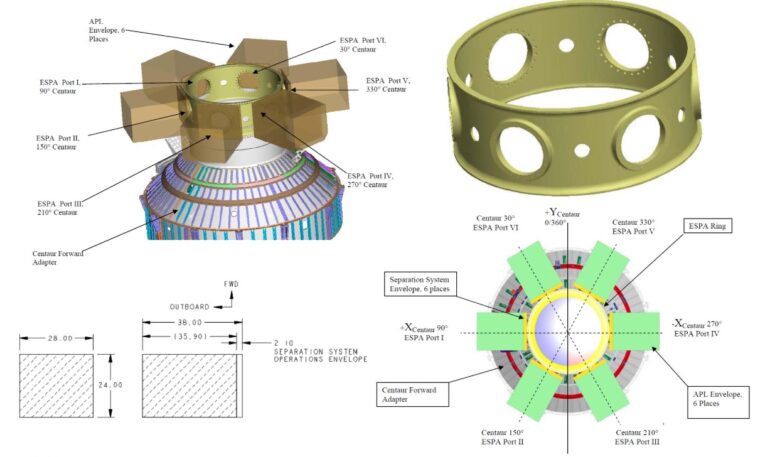TL;DR:
- Proteus Space, a Los Angeles-based startup, has raised $4.2 million in seed funding.
- Moonshots Capital led the funding round, with support from other notable investors.
- The funding will be used to accelerate the development of customized small satellites using artificial intelligence (AI).
- Proteus Space aims to significantly reduce satellite development time, potentially designing a satellite in just 30 days.
- The company plans to leverage machine learning and additive manufacturing to streamline the design process.
- Their target market includes commercial and government customers seeking tailored satellite solutions.
- Proteus Space has a pipeline of approximately $100 million in potential business.
Main AI News:
Proteus Space, a Los Angeles-based startup, has recently closed a successful seed funding round, raising an impressive $4.2 million in capital. Spearheaded by Moonshots Capital, this strategic financing has also drawn support from prominent investors, including Lavrock Ventures, The Veteran Fund, Mana Ventures, AIN Ventures, Capital Factory, and Industrious Ventures. The primary objective of this funding infusion is to bolster Proteus Space’s technological capabilities, allowing for the accelerated development of customized small satellites through the integration of artificial intelligence (AI).
Traditional satellite development has long been a laborious process, often taking up to 18 months to complete. However, Proteus Space is poised to revolutionize the industry by harnessing the power of AI to streamline and expedite this journey. David Kervin, the CEO of Proteus Space, expressed, “You can’t win the new space race when it takes you three years to get to the starting line.” Their vision is to enable clients to request a satellite, akin to ordering a bus, and have it ready for launch in just six months.
Proteus Space’s innovative approach is driven by machine learning, which drastically accelerates the iterative phases of satellite design. Furthermore, they anticipate that deep learning will play a pivotal role in identifying design solutions more rapidly than human designers can. By prioritizing rapid design and minimizing risk, Proteus Space aims to create buses for new payloads that outperform traditional satellites.
While specific details about their satellite capabilities remain confidential, these ESPA-class satellites are expected to weigh a few hundred kilograms. Proteus Space plans to leverage additive manufacturing to produce these satellites, a technique that will complement traditional manufacturing methods. Andrew Shapiro, the Chief Technology Officer of Proteus Space, emphasized their discerning approach to additive manufacturing, using it only when appropriate.
With the funding secured, Proteus Space is poised for substantial growth. They intend to expand their team of developers, working on an end-to-end satellite design system. The initial version of this system is slated to be operational by next summer, marking a significant step toward their goal of rapid satellite development.
Proteus Space aims to serve both commercial and government clients seeking satellite designs tailored to their specific payloads. With a pipeline of approximately $100 million in potential business from startups, established space companies, and government agencies, Proteus Space is on track to reshape the satellite industry. While no contracts have been announced yet, their unique approach has already garnered significant attention and trust from investors like Moonshots Capital. Craig Cummings, a General Partner at Moonshots Capital and a board member of Proteus Space, stated, “We were impressed by the Proteus Space technical concepts and mission focus,” expressing confidence in the company’s leadership and expertise.
Conclusion:
Proteus Space’s successful funding round underscores the growing importance of AI in satellite development. Their innovative approach, aimed at rapid customization, could disrupt the satellite market by offering quicker and more tailored solutions to customers. This development highlights the increasing demand for efficient and adaptable satellite technologies in the evolving space industry.

